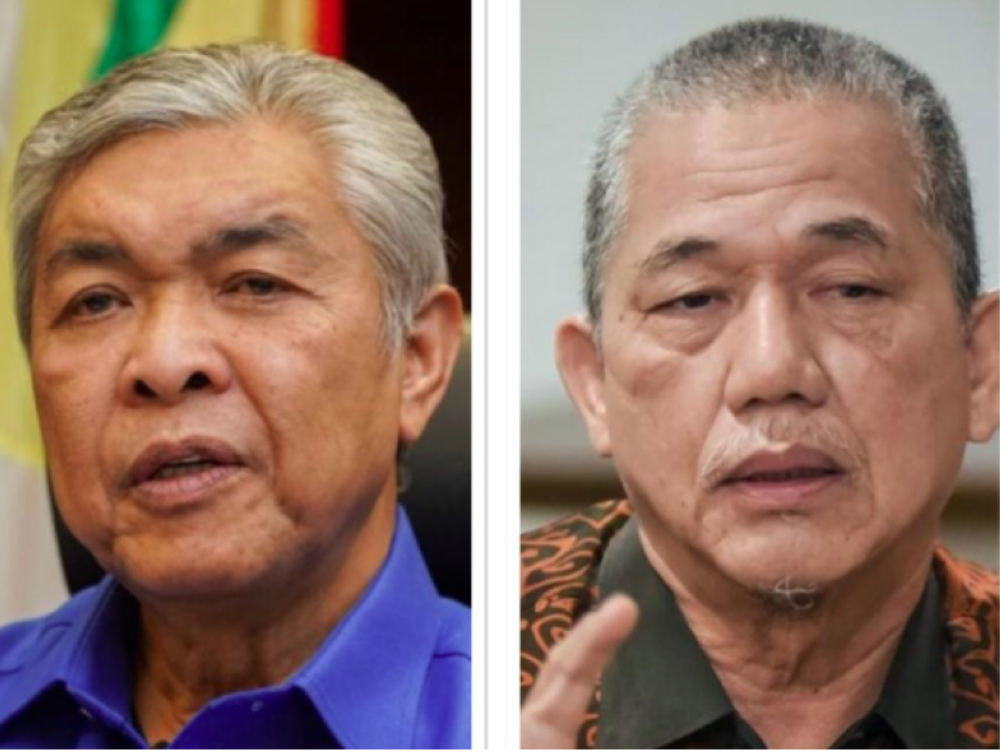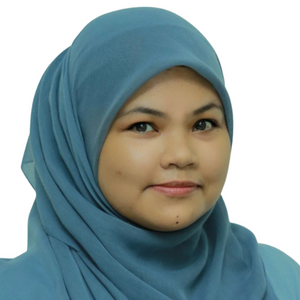Duo DPM dilemma: Did it help the country or hurt the unity govt's image?

SHAH ALAM - For the first time, Malaysia has two Deputy Prime Ministers (DPMs). It is like having two right-hand folks to help the Prime Minister run the show.
Imagine juggling many tasks - it will be much easier with a couple of reliable people by your side, right?
Besides, having a duo in the deputy role could mean a better division of responsibilities and more perspectives, ideas and representation so that everything is noticed.
However, it all boils down to efficiency.
On Nov 24, last year, following the 15th general election (GE15) results, Datuk Seri Anwar Ibrahim was sworn in as the 10th Prime Minister, ending his over two-decade wait to be appointed to the country's top post.
In GE15, no party could secure a simple majority to form the new federal government.
Pakatan Harapan (PH) garnered the highest number of seats, with 82, followed by Perikatan Nasional (73), Barisan Nasional (30), Gabungan Parti Sarawak (23), Gabungan Rakyat Sabah (six), Warisan (three), Parti Bangsa Malaysia and Parti Kesejahteraan Demokratik Masyarakat one seat each, along with two independents.
Taking heed of the Yang di-Pertuan Agong’s decree for all parties and coalitions to consider forming a unity government to end the political turmoil, most of them finally agreed to support the government led by Anwar who is PH chairman.
Although PN was also invited to join the government, it declined and formed the opposition instead.
On Dec 2, Anwar unveiled a 28-minister Cabinet in which he held the Finance Ministry portfolio and picked two DPMs, Datuk Seri Ahmad Zahid Hamidi from BN and Datuk Seri Fadillah Yusof from Gabungan Parti Sarawak (GPS).
The two also held the posts of Rural and Regional Development Minister and Plantation Industries and Commodities Minister, respectively.
Their appointments indeed ignited public debate.
Some believed that having two DPMs was a strategic move to strengthen the government's core by incorporating the two coalitions they represent.
There were also concerns and criticisms regarding the decision, which raised questions about the viability and stability of the unity government, given the diverse nature of its component parties.
However, political factors play a crucial role in the duo’s appointments.
The appointment of Zahid, who previously faced a total of 87 graft charges, to the DPM post was obviously a bitter pill to swallow for Malaysians who had voted for Anwar’s good governance and anti-corruption agenda.
Political experts said the Umno president’s appointment as DPM was necessary to give Anwar’s administration time to steady itself and to prioritise the government’s survival.
In the short run, it was also necessary to prevent Umno from defecting.
Seven months after the Bagan Datuk MP became DPM, the Kuala Lumpur High Court granted him a discharge not amounting to acquittal (DNAA) over 47 graft charges involving millions of ringgit of funds belonging to charity foundation Yayasan Akalbudi.
This stirred many reactions from various parties, but Anwar stressed that he was not involved in the court's decision nor interfered in Zahid's case.
Before that, Zahid was acquitted by the Shah Alam High Court of 40 corruption charges in connection with the foreign visa (VLN) system. This was on Sept 24, last year, before GE15.
The second DPM post was given to GPS. Fadillah’s appointment created history as he was the first DPM from Sarawak.
The Petra Jaya MP's appointment was a political factor to show that the government was concerned about the development of Borneo.
Meanwhile, analysts believed that Zahid and Fadillah’s appointments were necessary concessions to BN and GPS for their support.
So, does having two DPMs bring more benefits to the country?
Political analyst Professor Datuk Dr Jayum Jawan said the impact of having two DPMs was unnoticeable.
This, he said was because there was nothing exclusive, unique and visible that they had done to justify continuing to hold their respective positions.
“Both DPMs failed to show and justify their positions, their presence are not felt,” he said when contacted.
Senior fellow at the Singapore Institute of International Affairs Oh Ei Sun said the DPM post was only a courtesy post.
The posts, he said, were meant to promulgate unity in the sense that there was finally an east Malaysian DPM.
“It exudes a semblance of appreciation to East Malaysia, but perhaps not much beyond that,” he told Sinar Daily.












